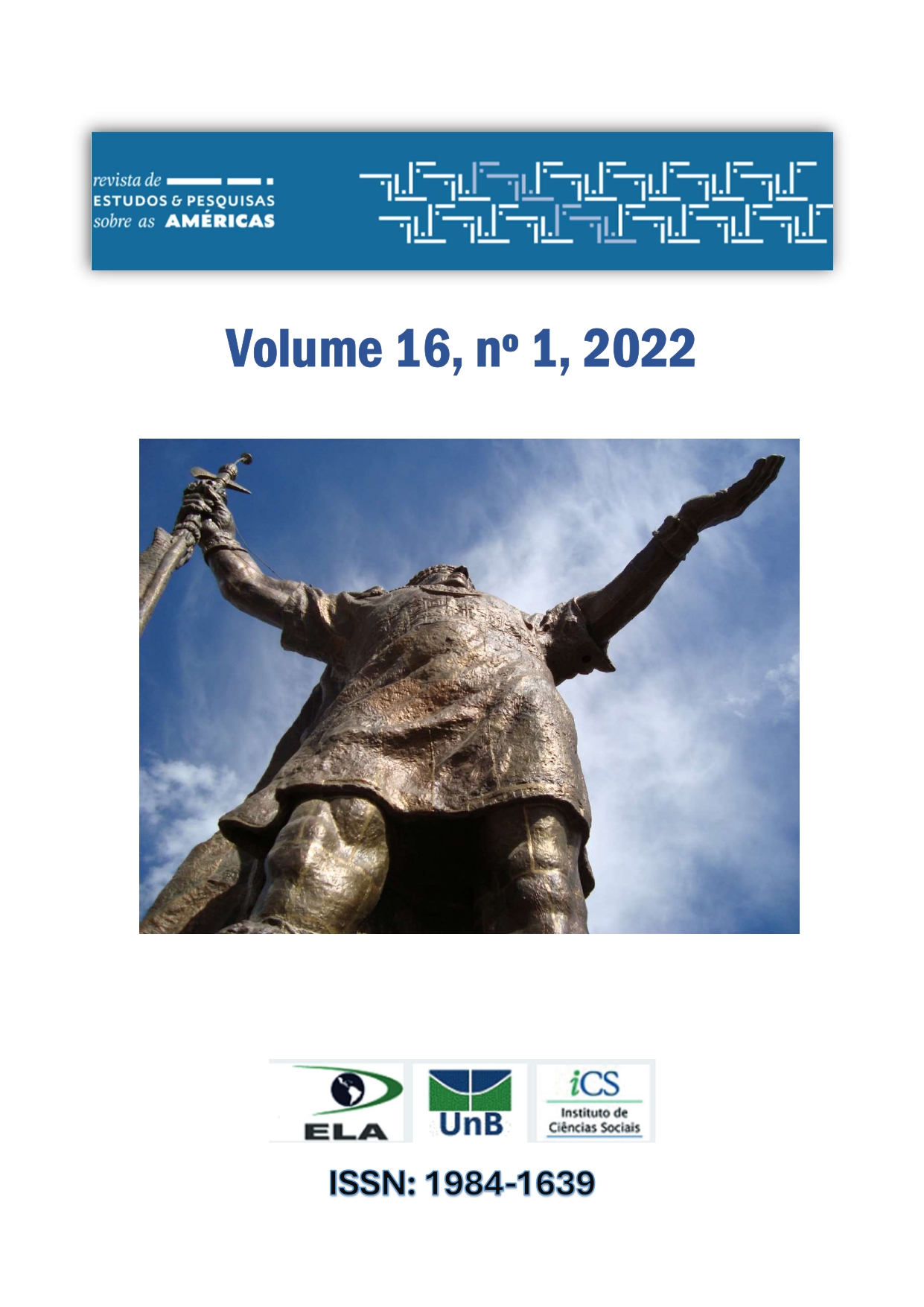The Seyla Benhabib’s Feminist Idea
contributions Beyond Gender
DOI:
https://doi.org/10.21057/10.21057/repamv16n1.2022.37104Keywords:
Universalism; Equality; Gender; Cosmopolitanism.Abstract
The present article intends to analyze some of the main works of Seyla Benhabib and to verify how the evolution of her thought helped in the debate and understanding about gender, as well as the way in which her studies are more capable of contributing to a more egalitarian society (especially when we analyze the issue from the point of view of social minorities). Through a bibliographic analysis of the author's works, it was noticed that this changes its position over the years of research and studies, presenting an evolution in the concepts and their practical fit in democratic societies. In the eighties, she perceived her perception of a reconstruction of the Habermasian model, using the figure of a contextualized subject. In the nineties, she started to comment on the subject who seeks her inclusion along the lines of liberal democracies, without renouncing her cultural identity. From the two thousand years onwards, it seeks to analyze the “rights of others” that occupy a globalized world, but would be subject to some of its own territorial logics. After considering these arguments, the author's fundamental contributions to the gender debate are pointed out, especially when she deals with the insertion of vulnerable minorities in a society that is considered as democratic.
References
BENHABIB, Seyla. Democracy and Difference: Contesting the Boundaries of the Political. Princeton: Princeton University Press, 1996.
BENHABIB, Seyla. Dignity in Adversity: Human Rights in troubled times. Polity, 2011.
BENHABIB, Seyla. Feminism and Postmodernism: An Uneasy Alliance. Praxis International, 11, n. 3, Reeditado en Situating the Self. 1991.
BENHABIB, Seyla. O outro generalizado e o outro concreto: a controvérsia Kohlberg-Gilligan e a teoria feminista. In: BENHABIB, Seyla; CORNELL, Drucilla (orgs.). Feminismo como crítica da modernidade. Trad. Nathanael da Costa Caixeiro. Rio de Janeiro: Rosa dos Tempos, 1991a.
BENHABIB, Seyla. Situating the Self: gender, community and postmodernism in contemporary ethics. Nova York: Routledge, 1992.
BENHABIB, Seyla. Situando o self: gênero, comunidade e pós-modernismo na ética contemporânea. Trad. Ana Claudia Lopes; Renata Romolo Brito. Brasília: Editoria Universidade de Brasília, 2021.
BENHABIB, Seyla. Sexual defferences and collective indentities. insSigns. Winter: 1999.
BENHABIB, Seyla. BUTLER, Judith. CORNELL, Drucilla y Fraser, Nancy (eds.), Feminist Contentions: A Philosophical Exchange, Nova York, Routledge. 1995.
BENHABIB, Seyla. CORNELL, Drucilla. Feminismo Como Crítica da Modernidade. Editora: Rosa dos Tempos. 1987.
Downloads
Published
Issue
Section
License
Copyright (c) 2023 Dra Verena Mendonça, Anna Laura Maneschy Fadel

This work is licensed under a Creative Commons Attribution-NonCommercial 4.0 International License.
The published material is the property of the Journal, and may be reproduced in whole or in part with indication of the source.
Copyright: Authors will be responsible for obtaining the copyright of the material used. Authors who publish in this journal agree to the following terms:
a)Authors retain the copyright and grant the journal the right of first publication, with the work simultaneously licensed under
the Creative Commons Attribution License which allows the sharing of work with acknowledgment of authorship and initial publication in this journal.
b) Authors are authorized to take additional contracts separately, for non-exclusive distribution of the version of the work published in this journal (eg, publish in institutional repository or as a book chapter), with acknowledgment of authorship and initial publication in this journal.
c) Authors are allowed and encouraged to publish and distribute their work online (eg in institutional repositories or on their personal page) at any point before or during the editorial process, as this can generate productive changes as well as increase the impact and the citation of the published work (See The Effect of Free Access).
















